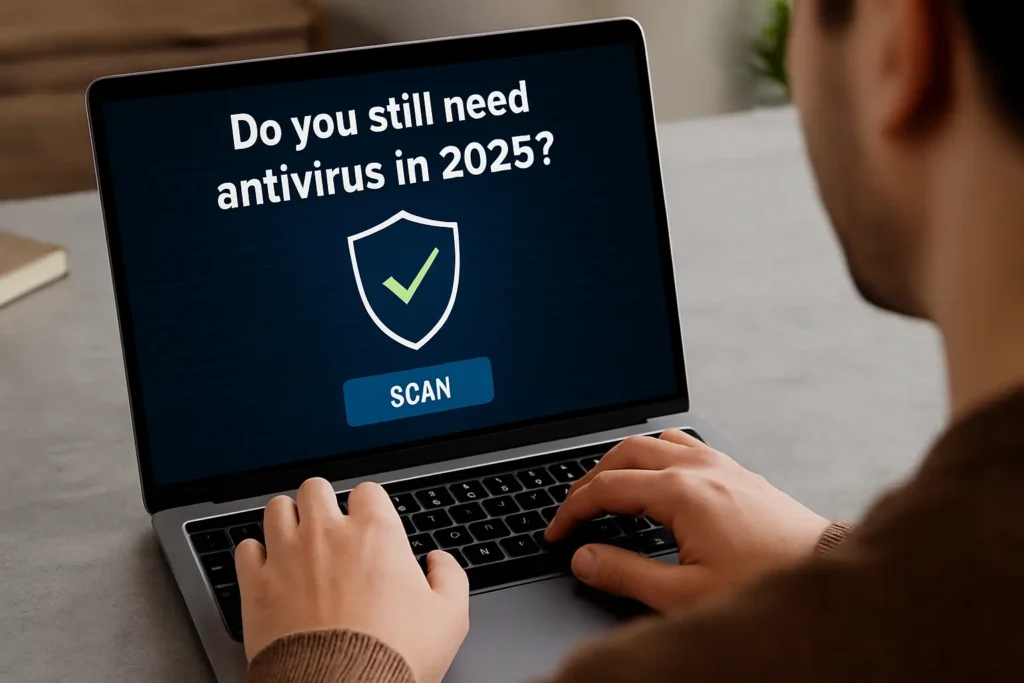In Twenty-Twenty Five, the cybersecurity landscape looks very different from what it did just a few years ago. Operating systems are smarter, threats are more sophisticated, and the way people use technology has shifted — especially with the rise of remote work, cloud storage, and AI tools. So now the big question is: do you still need antivirus software?
Built-in Protection Is Stronger Than Ever
Modern operating systems come with impressive built-in security. Windows users now benefit from Microsoft Defender, which has evolved into a full-fledged security suite. It offers real-time threat detection, ransomware protection, phishing alerts, and integration with Microsoft’s cloud security system.
On macOS, features like Gatekeeper, XProtect, and System Integrity Protection make it extremely hard for malicious software to install or spread. Even mobile platforms like Android and iOS have tightened app security and sandboxing.
Because of these improvements, some users are skipping third-party antivirus software altogether.
But Threats Have Also Evolved
While default protections are better, threats have also become more deceptive. We’re not just talking about old-school computer viruses anymore — we’re dealing with:
- Phishing attacks through fake websites and emails
- Zero-day exploits that take advantage of system vulnerabilities before updates roll out
- Malicious browser extensions and fake apps
- Trojanized downloads pretending to be legitimate software
- Ransomware targeting personal files or even entire businesses
If you frequently download files from third-party websites, use public Wi-Fi, or manage sensitive data, a dedicated antivirus program still adds valuable protection — especially those with added features like secure VPNs, identity theft monitoring, and firewall control.
Free vs Paid Antivirus: What’s the Difference?
Many antivirus tools offer free versions with basic protection. These are fine for casual users who don’t take a lot of risks online. However, premium plans often include:
- Real-time threat monitoring and AI-based detection
- Safe browsing and anti-phishing tools
- Dark web monitoring for leaked personal info
- Parental controls for families
- Priority updates and faster support
If you run a business, handle finances, or value peace of mind, the extra features are worth considering.
So, Do You Still Need One?
The short answer: It depends on your habits.
If you’re a cautious user — sticking to official app stores, updating your OS regularly, and avoiding sketchy websites — then your device’s built-in security may be enough. But if you want added protection, especially against new and emerging threats, having antivirus software is still a smart move in 2025.
It’s no longer just about virus scanning — it’s about holistic protection in a connected world.



